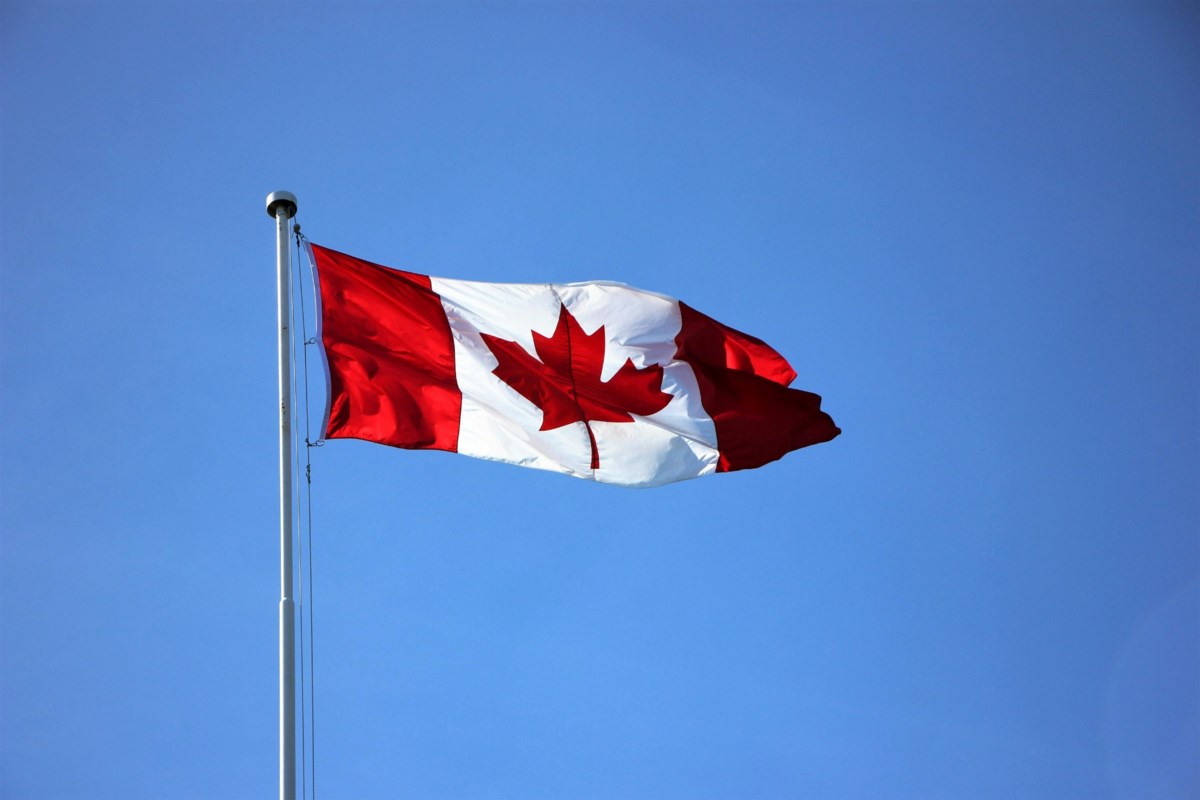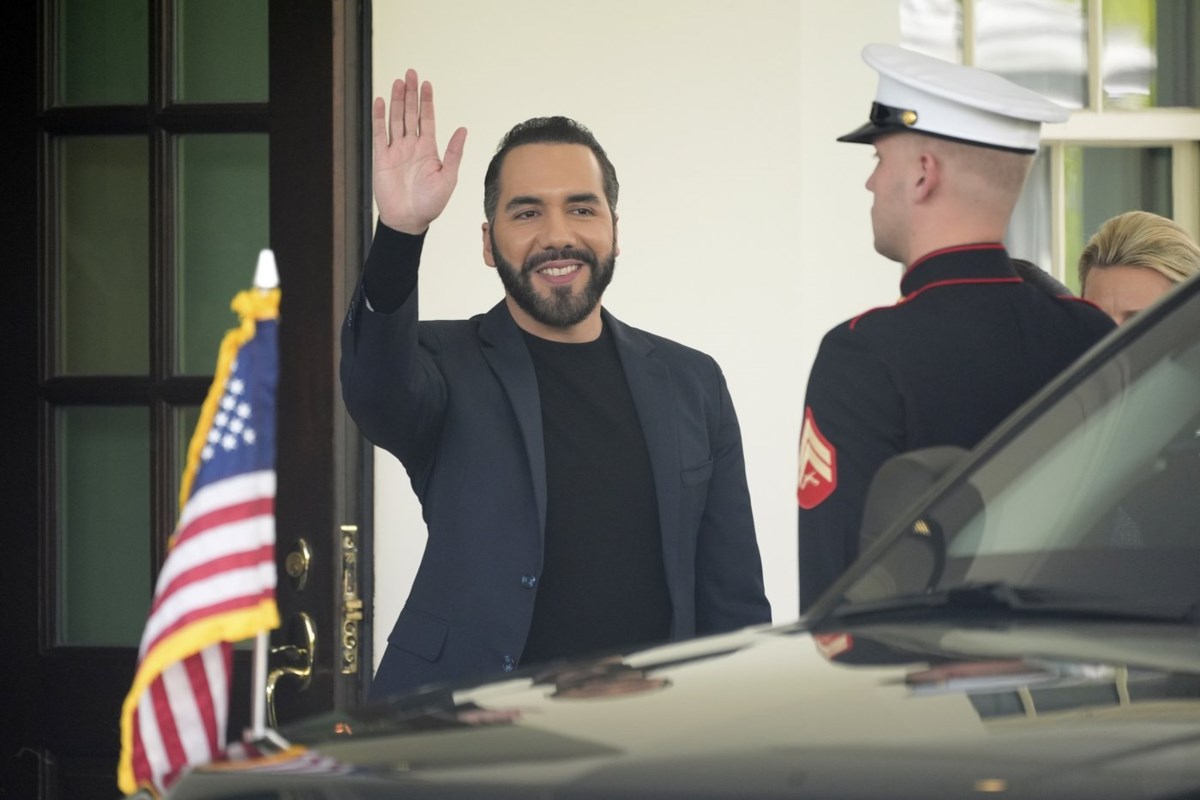LETTER: Notwithstanding clause 'just as sacred' as Charter

If Charter amendment is what Pierre Poilievre wants, 'let him get elected with a majority,' says former MP BradfordToday and InnisfilToday welcome letters to the editor at [email protected] or via the website. Please include your full name, daytime phone number and address (for verification of authorship, not publication). The Canadian Charter of Rights and Freedoms was signed on April 17, 1982, which happened to be my birthday. I was fortunate to be one of the members of Parliament who attended the ceremony on Parliament Hill. Not only that; I was deputy Opposition House leader during the ‘Charter debates’ through the fall and winter of 1981-82. As deputy Opposition House leader, it was my responsibility to decide who asked what question of whom and in what order during the daily question period in the House of Commons. That gave me a vantage point in considering the tone and tenor of the House of Commons and the importance of the issue to the members. I say this because the possible use of the notwithstanding clause has been raised by Pierre Poilievre, the leader of the Opposition, in the current election campaign. Rights and freedoms are set forth in the Charter and are not to be interfered with unless a law is introduced, and passed by the House of Commons and Senate, which is prefaced by the word “notwithstanding …” Tensions in the House of Commons and Senate were extremely high during the Charter debates. It is fair to say that then-prime minister Pierre Trudeau and the Liberal members of Parliament and Senate wanted the Charter of Rights and Freedoms to be enacted as they had introduced it, without amendments. Members of Parliament from the then-Progressive Conservative party and New Democratic Party for the most part went along with the original version, but in the case of some Progressive Conservatives, when they disagreed, they disagreed vehemently, and often for good reason. After much debate, a compromise was reached, and that was the notwithstanding clause. After April 17, 1982, all current laws began to be tested against the provisions of the Charter of Rights and Freedoms. Brian Mulroney became prime minister on Sept. 4, 1984, and in January of 1989, I became minister of justice and attorney general of Canada. I then found out just how tightly the bureaucracy had wrapped themselves around the Charter of Rights and Freedoms. In any discussion of introducing or changing laws, they made it clear that the Charter was sacred. However, since I had been there during the Charter debates, I made it just as clear that without the notwithstanding clause, there would be no Charter of Rights and Freedoms and therefore it was just as sacred. The notwithstanding clause has been used by some provincial governments since April 17, 1982, but not federally. Why not? If Pierre Poilievre believes that an amendment to the Charter of Rights and Freedoms is that important to Canada, let him get elected with a majority and bring forward an amendment using the notwithstanding clause. Doug Lewis Orillia


















